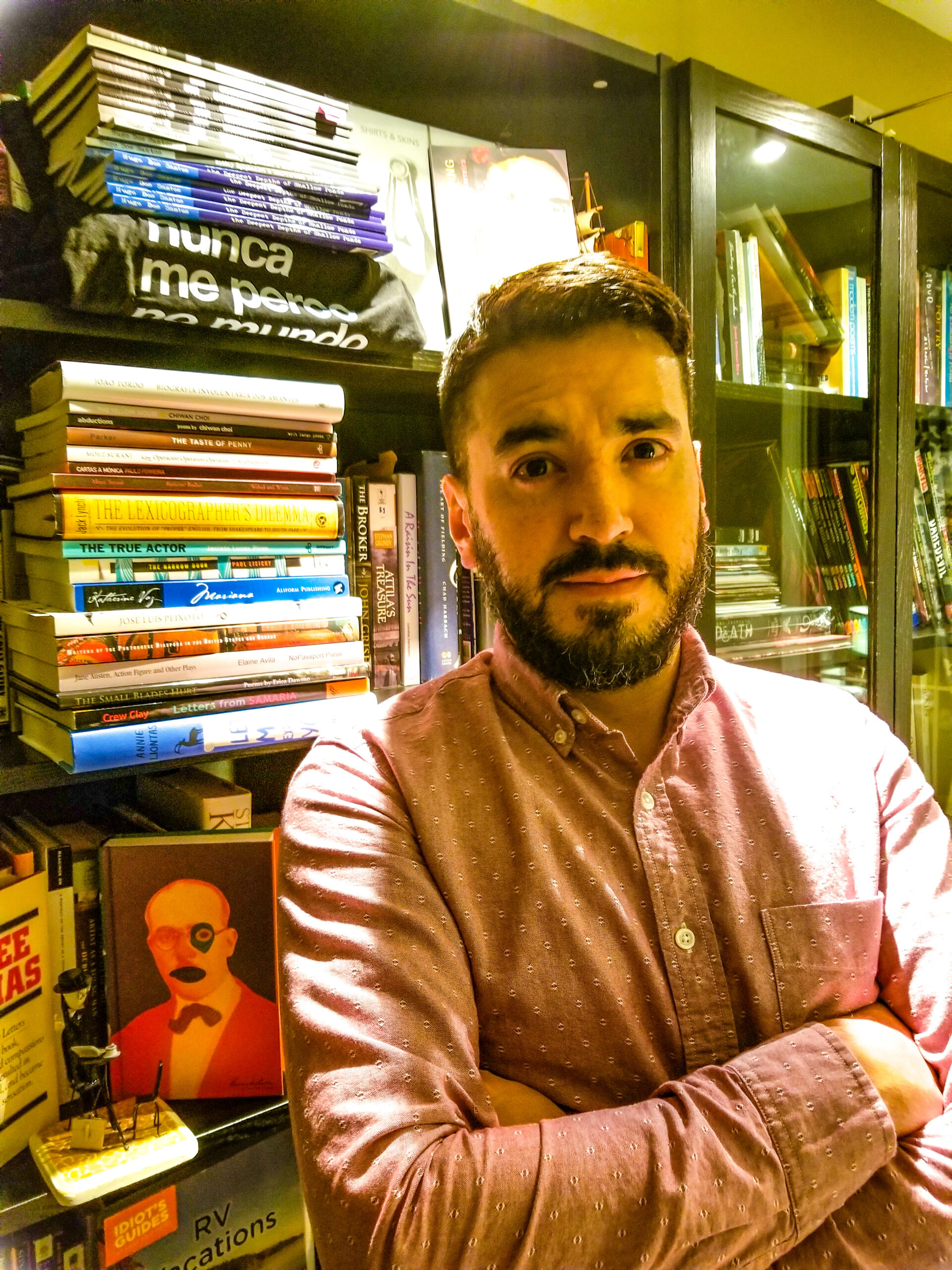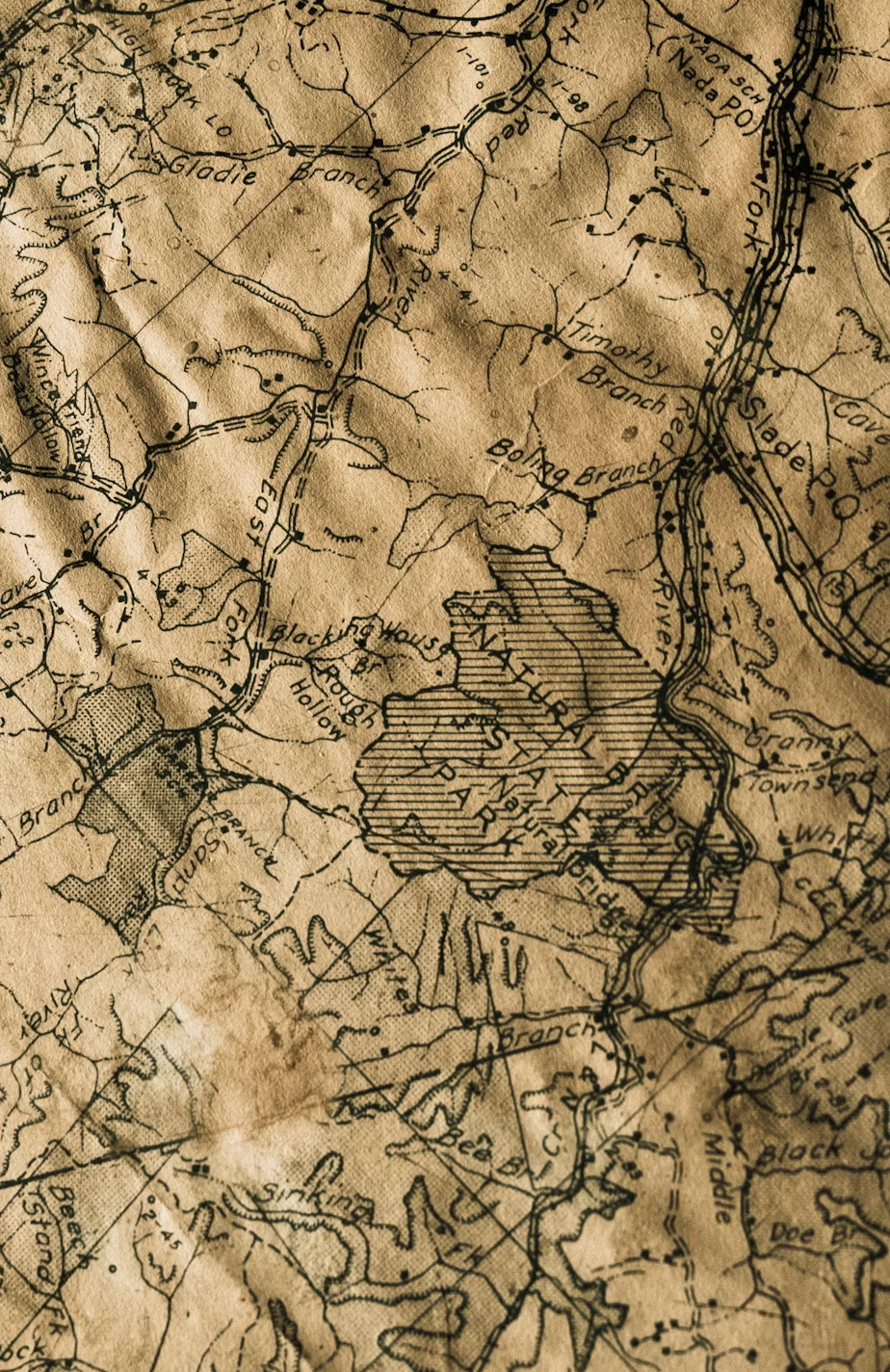By JOSÉ LUÍS PEIXOTO
Translated by HUGO DOS SANTOS
Alone, I arrive in a looted city
and walk slowly, my arms hanging
loosely, I look through open doors,
what remains is scattered in the streets,
the air is clean because no one is breathing
it, this city, this silence, this city,
I have on my face the opposite
of a child’s tears, that time
has gone, I feel a solemn serenity
and erosion because this is our city,
and because I don’t know whether
I will find you when I get home, Mom.
José Luís Peixoto is one of Portugal’s most acclaimed and bestselling novelists. His poetry and short stories have appeared in a great number of anthologies in dozens of languages. His new poetry collection, Regresso a Casa, is available now from Quetzal.
Hugo dos Santos is a Luso-American writer, editor, and translator. He is the author of Then, there, a collection of Newark stories, and the translator of A Child in Ruins, the collected poems of José Luís Peixoto.




